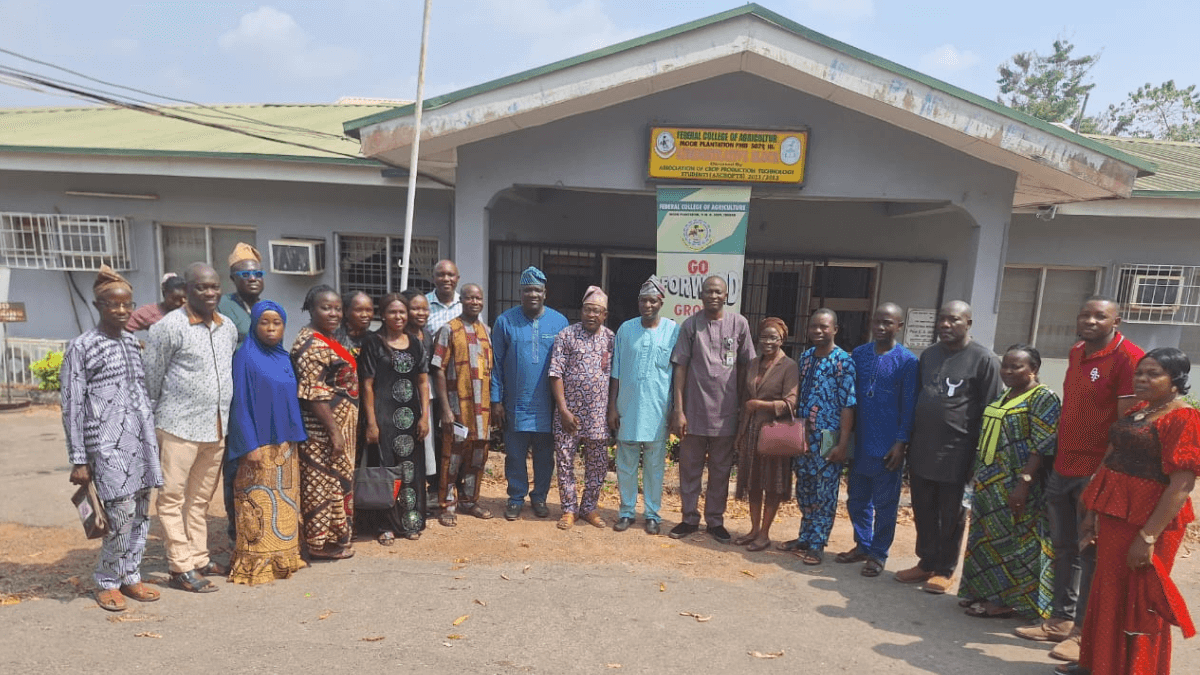News in brief:
– FUNAAB conducted resource assessment visits to FCAIB and OYSCATECH to strengthen academic collaborations.
– The visits emphasised adherence to due process, integrity, and academic excellence in all aspects of affiliation.
The Federal University of Agriculture, Abeokuta (FUNAAB) is stepping up efforts to build stronger academic partnerships. Recently, it conducted resource assessment visits to the Federal College of Agriculture, Ibadan (FCAIB), and the Oyo State College of Agriculture and Technology (OYSCATECH), Igbo Ora.
These visits, taking place ahead of the National Universities Commission (NUC) Resource Assessment set for January 9, 2025, reflect the institution’s drive to foster collaboration and academic excellence.
At FCAIB, a team of Deans and Directors from FUNAAB met with key officials, including the acting provost, principal officers, and various department heads. Representing the university’s Vice-Chancellor, Prof. Babatunde Kehinde, the Deputy Vice-Chancellor (Academic), Prof. Olukayode Akinyemi, emphasised the university’s commitment to maintaining high standards throughout the affiliation process.
“We want to make sure that everything we do, from admissions to graduation, is done with integrity and adheres to the best standards,” Akinyemi said, underscoring FUNAAB’s dedication to quality education.
The delegation also visited OYSCATECH, where they had a productive meeting with the Rector, Prof. Akinola Akinlabi, and senior management. Prof. Akinyemi once again highlighted the importance of collaboration, noting that the university remains focused on promoting academic rigour and meaningful partnerships.
During the visits, two academic officers were introduced to oversee activities: Prof. Christopher Alake for FCAIB and Prof. Emmanuel Idehen for OYSCATECH. Their roles signal a hands-on approach as the affiliation process moves forward.
These visits are a clear indication of FUNAAB’s vision for the future. By building strong affiliations, the university hopes to create better opportunities for students, enhance agricultural education, and strengthen the network of agricultural institutions across Nigeria. It’s a step in the right direction for everyone involved—and, more importantly, for the students who stand to benefit the most.



